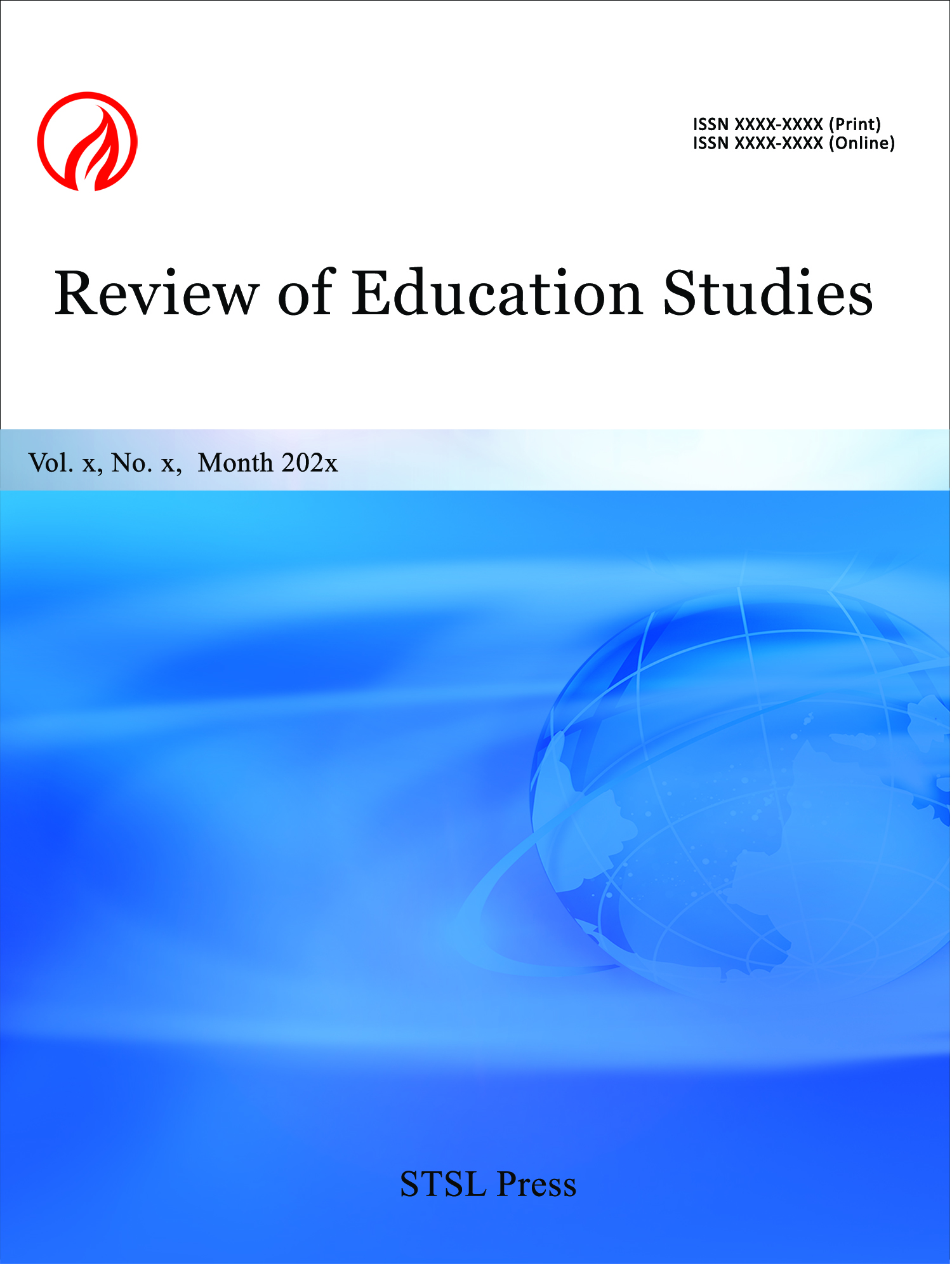Effect of a “Hole In The Wall” Playground Computer on School Test Scores in the Age of Smartphones
Sugata Mitra
Ritu Dangwal
Rishika Chopra
Abstract
Self Organised Learning Environments (SOLEs) involve groups of learners sharing computers to investigate subjects or answer questions, utilizing large, publicly visible screens and Internet connections. An experiment in 2007 demonstrated that unsupervised access to computers with Internet-based instructional material allowed children to self-organize and achieve similar test scores to those in a rural state government school. This study investigates whether a similar experiment would yield comparable self-organised learning achievements in 2025, given the widespread availability of Internet-connected smartphones. Would this cause a lack of interest in SOLEs leading to lesser effectiveness? The experiment was conducted in a rural school in Kodagu, India, with 39 students aged 8-11, who were given access to a "hole in the wall" computer with curated Internet links. Results showed significant increases in test scores, particularly in areas not taught in school, suggesting that collaborative Self Organised Learning Environments are as effective in 2025 as they were in 2007, in spite of increased Internet access.
Paper:
pdf
DOI:
https://doi.org/10.71002/res.v5n3p1
 This work is licensed under a
Creative Commons Attribution 4.0 License.
This work is licensed under a
Creative Commons Attribution 4.0 License.
Contact us
- Jennifer Smith
- res@stslpress.org
